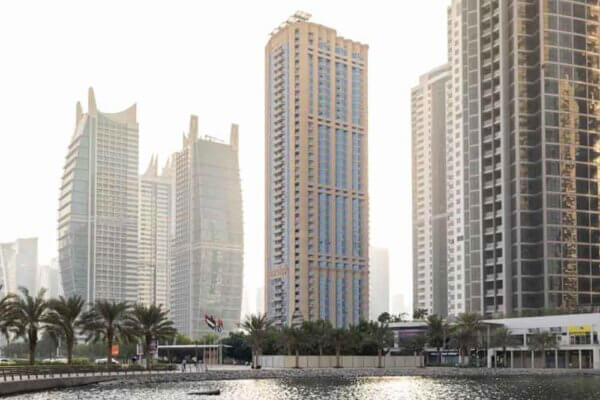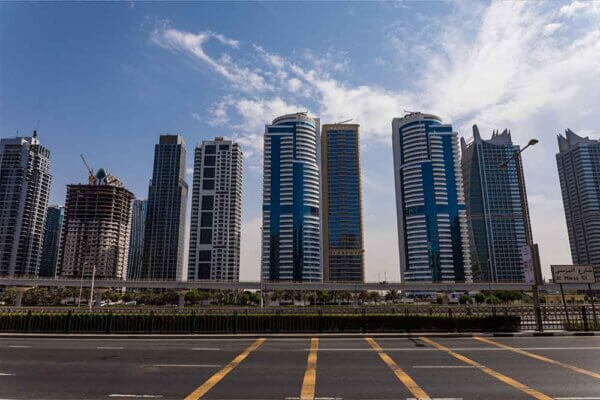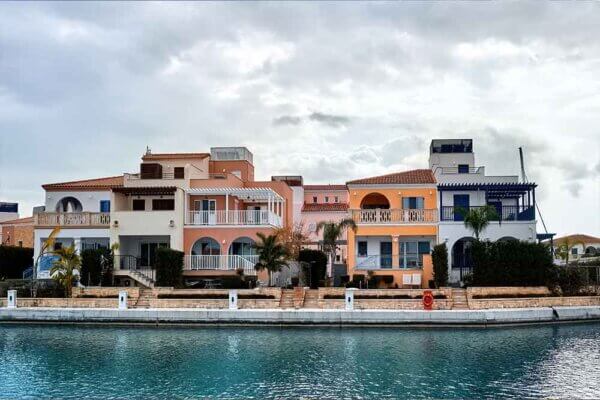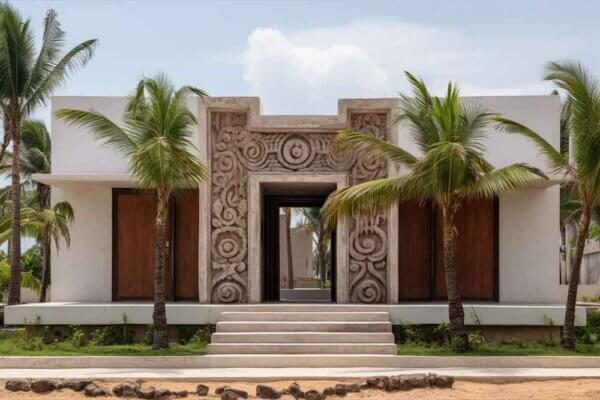Thinking of buying a property in Qatar but unsure about its legal procedure? Don’t worry we’ve got you covered! Whether you’re an expat or a Qatari resident, it is important to understand the regulations around buying property in the country. This helps in ensuring a hassle-free experience.
Let’s explore how to buy a property in Qatar, understanding the legal procedures involved for a fool-proof investment.
Understand Qatar’s Property Laws for Expats

If you’re an expat, you must have a grip on Qatar’s real estate market and legal framework, before investing in it. Understanding these laws is crucial for residents and expatriates.
1. Legislation
Expats in Qatar must have complete knowledge of the legal technicalities of property ownership. The property ownership laws outlined by Qatar’s Ministry of Justice (MoJ) are:
- Foreigners can buy real estate in designated areas only. Also, they require permission from the MoJ before sealing any deal.
- Qatar permits foreigners to own freehold property with certain restrictions, such as designating areas for non-Qataris to purchase property.
- Non-Qataris buying real estate in Qatar can obtain residency, with property worth over QR 3,650,000. The benefits they get include:
- Permanent residency
- Health benefits
- Education
- Investment benefits
- Non-Qatari must obtain title deeds from the Ministry of Justice, which are mandatory for all property transactions.
2. Specific Areas for Expats

The places expatriates can buy property in Qatar are as following follows:
1. The Pearl
A unique mixture of residential and commercial areas, The Pearl gives a sense of luxury with its mesmerising waterfront. This is a man-made island with a lot of retail outlets, making it a perfect place for expats to live.
2. Lusail City
From the long-term investment, Lusail City is perfect for expatriates. The futuristic Lusail Iconic Stadium and ambitious infrastructure projects offer modern living prospects and a high return on investment in this area.
3. West Bay Lagoon
For expatriates seeking comfort and luxury, West Bay Lagoon is an ideal residential area for them. West Bay’s prime location in the centre of Doha, along with various types of residential properties, makes it preferable among expats.
4. Al Sadd

The most diverse residential area in terms of amenities and property types, Al Sadd is also among the expat-designated areas. Living in Al Sadd will give you a dynamic life experience with luxury apartments and elite villas.
5. Al Khor
Those expats who are moving to Doha can consider buying property or investing in Al Khor, situated in Doha’s south. The serene atmosphere and tranquil beaches in Al Khor enhance the standard of living and the property’s worth for expats.
6. Al Rayyan
An appealing choice for expat families, Al Rayyan is a developing suburb residential and commercial area with top-notch:
- Educational institutions
- Parks
- Sports facilities
7. Al Daayen
Experience a unique blend of urban and suburban features in a single residential area. Al Daayen offers a peaceful environment and luxurious lifestyle, with the serene Al Khor beaches nearby.
8. Al Dafna
Another waterfront district offering a luxury and stunning view of the Arabian Gulf, Al Dafna, is a popular choice for expats. The area provides a sophisticated lifestyle to expatriates, featuring:
- High-end residential apartments
- International schools
- Top-notch shopping centres
9. Al Wakra

Known for its historical charm and beachfront views, Al Wakra is gaining popularity and attracting more investments. Al Wakrs’s unique blend of traditional and modern architecture is the real charm for buyers and investors.
10. Al Waab
A unique mixture of modern lifestyle and cultural values, Al Waab is a vibrant residential community for foreign investors. This residential area is also an excellent option for starting a new life as an expat due to its friendly neighbourhood.
How to Buy Property in Qatar
Buying a property in Qatar is a streamlined process. Here are the steps for a smooth property transaction: while living in Qatar.
1. Hire a Real Estate Agent
Contacting a reliable real estate agent who has a vast knowledge of Qatar’s real estate market and diverse property options is crucial. Before finalising an agreement with a broker, do the following:
- Choose an agent with local expertise.
- Review references and credentials before signing agreements.
- Be specific about needs, preferences and budget.
- Discuss agency agreement conditions like services and commission rates.
2. Financial Concerns
Expats and residents must consider all the financial factors involved in buying property in Qatar, including:
- Mortgage Lending
- Currency Exchange
- Legal Fees
However, they must keep in mind the following pointers:
- Loan amount and terms vary by bank and loan type.
- The maximum loan is 70% of the property value and a 30% down payment is required. However, this too varies between banks.
- Mortgage documents must be translated and notarised.
- Currency exchange services are available.
- Legal fees include:
- Registration fee
- Transfer fee
- Agent commissions
3. Required Documents
The documents you’ll need to buy property in Qatar are:
For Individuals
- Passport copy
- Qatar Residence Visa copy
- ID card copy for Qatari residents
- Proof of income (salary certificate or bank statement)
- Proof of address (utility bill or tenancy agreement)
- No-objection certificate (NOC) from the Ministry of Interior (if required)
For Companies
- Commercial Registration (copy)
- Articles of Association (copy)
- Memorandum of Association (copy)
- Board Resolution authorising property purchase
- Power of Attorney for authorised signatory
- NOC from the Ministry of Interior (if required)
Additional Documents
- Property documents:
- Title deed
- Property ID
- Location map
- Sale and Purchase Agreement
- Payment proof (bank transfer or payment certificate)
- Tax clearance certificate (if applicable)
- Certificate from Qatar Central Bank (if financing)
Specific Requirements for Non-Qatari Buyers
Non-Qatari buyers must comply with Qatar’s Foreign Ownership Law (Law No. 16 of 2018). They must also obtain approval from the Ministry of Justice (MOJ) and Qatar Investment Authority (QIA).
Other Requirements
- Registration with Qatar’s Real Estate Registration Department
- Payment of registration fees (2% of property value)
- Payment of municipal taxes (0.5% of property value annually)
Note: Requirements may vary depending on property type, location and other factors.
4. Seal the Deal
The final step involves negotiations and signing the purchase agreement. Here are some tips before closing the deal:
- Discuss transaction conditions with the seller.
- Review and sign the sale and purchase agreement.
- Pay the deposit and balance as agreed.
- Register property with authorities, possibly requiring additional fees.
- Obtain title deed and transfer ownership.
FAQs
1. Can Expats Buy Property in Qatar?
Yes, expats can buy freehold or leasehold property in Qatar. They are also eligible for mortgages in the country.
2. Is Qatar a Good Place to Invest in Property?
Yes! Qatar’s diversified economy, prudent energy resource management and strategic investments make it a reliable investment destination.
3. Who Can Buy Property in Qatar?
Anyone can buy property in Qatar. However, non-Qataris can only purchase in designated areas like The Pearl and Lusail.
Now you may know how to buy property in Qatar with all the designated areas for non-Qataris investors. Follow our blog to lock your next property deal in Qatar., knowing all the requirements!
For more real estate guides, such as property types in Qatar and apartments Under 6,000 QAR, check out Property Finder’s Blog.





